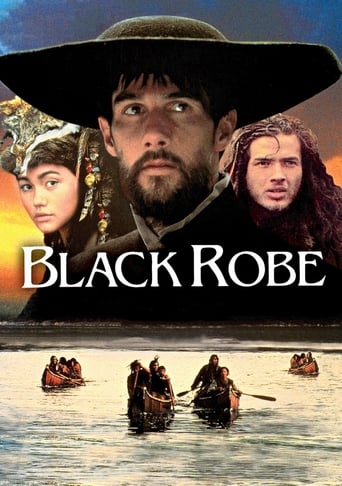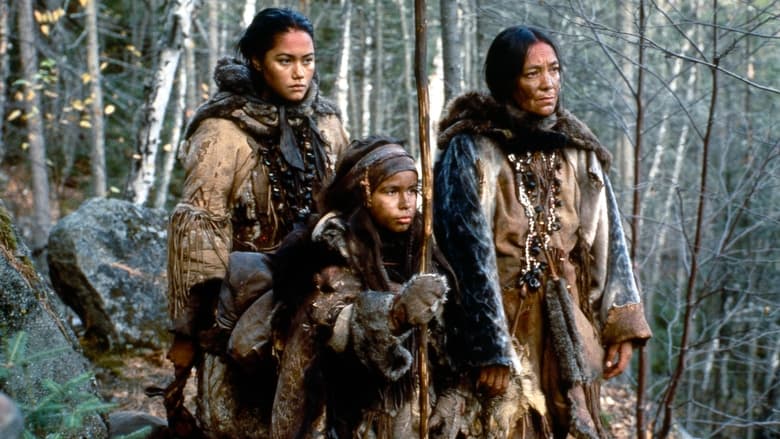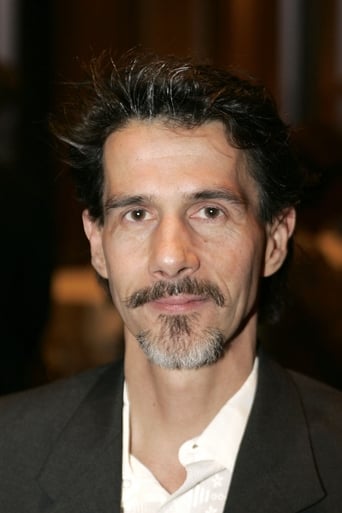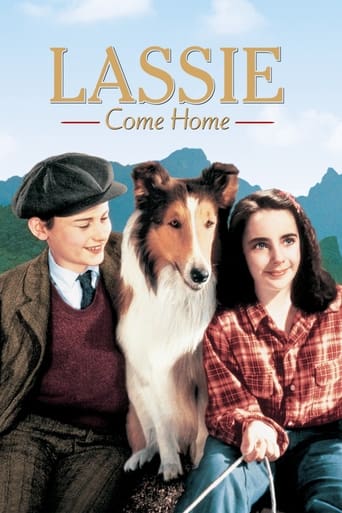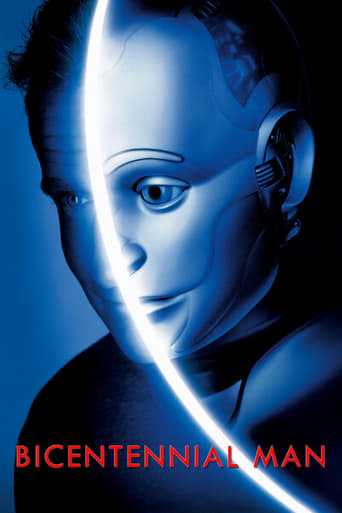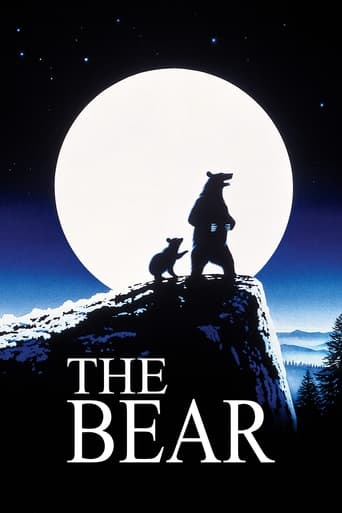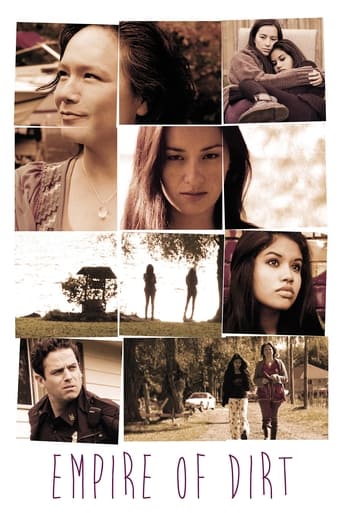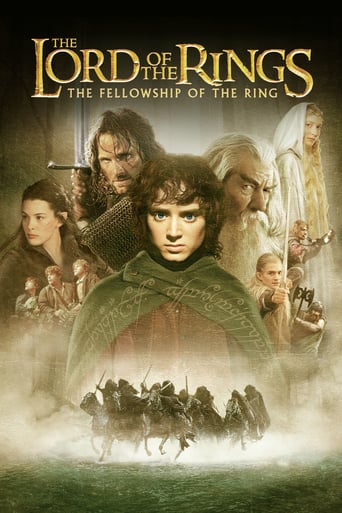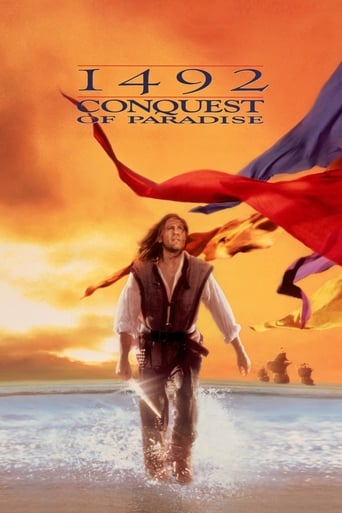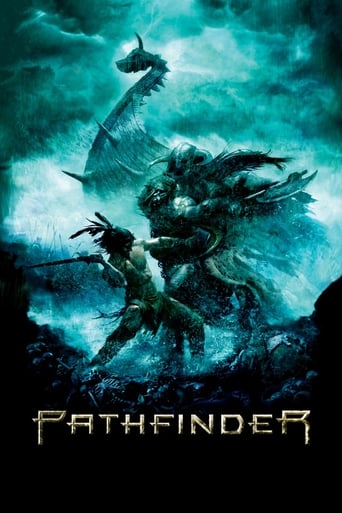Black Robe (1991)
Missionary Father LaForgue travels to the New World in hopes of converting Algonquin Indians to Catholicism. Accepted, though warily, by the Indians, LaForgue travels with the Indians using his strict Catholic rules and ideals to try and impose his religion.
Watch Trailer
Cast


Similar titles
Reviews
For a film about Christian missionaries, this one verges on Horror. Not for the weak of heart--or stomach. One glaring mistake was a veneration of St. Joan of Arc. This film was set in the early 17th century. St. Joan wasn't canonized (through the efforts of Therese of Lisieux later sainted herself, among others) until 1920. There are some theological problems, but they have nothing to do with the film itself and everything to do with the way Roman Catholics chose to present the good news of eternal life and how they chose to describe the afterlife--or their lack of description based on ignorance. Too, when you are baptizing someone who is dying, wouldn't you want to speak their own language, especially if you are fluent in it, instead of Latin--which isn't even your native language? And why are you whipping your back with a rough pine branch until it bleeds after lusting for that Algonquin girl when a simple 'I'm sorry, Jesus. Please give me the strength to fight temptation and to remember that I am celibate by choice so I won't be weighed down by earthly matters' would be far more effective? All in all, this film stands the test of time, and I only give it a 7 rating because of the Joan of Arc mistake and because of the unnecessary rambunctious copulation scenes.
a film who escape from classic formulas. and the result is a honest image about Amerindians and Europeans and their relationship. the heart of this relation - the profound solitude who defines the Jesuit priest who believes in his mission in few moments more than in God and the natives Canadians for who the danger against their life style is ambiguous. clash of civilizations, it is one of the most touching and clever films about this theme. Lothaire Bluteau does a splendid role, exploring the vulnerability and the faith, the need to help the other and the conscience of sacrifice. the images are amazing. the mixture of sex, violence, pieces from old religion is more than beautiful or convincing. but the great virtue is the precise courage to give a honest portrait of the characters.
I saw this film the year it came out. At the time, I was representing the administration of New York Governor Mario Cuomo in conducting relations with the Haudenosaunee, particularly the Mohawks of Akwesasne. Having grown to respect and admire the resilience and determination of these remarkable people, "Black Robe" made a big impression on me.I spent a little over two years (1990-1992)engaged with the Mohawks settling the issue of providing for their public safety needs and negotiating a state/tribal casino gaming compact. Both of these initiatives ultimately ended successfully. The process of developing an indigenous public safety force involved multilateral discussions involving the Mohawks, New York, Quebec and Ontario. It was interesting to me how many of my colleagues had seen "Black Robe" and agreed that it was a beautiful and fairly accurate depiction of history and cultural frictions that persist to this day. To those of us sitting around the table, "Black Robe" gave us a sense that we were playing a meaningful part in a long and fascinating history of the meeting of cultures and hard work that goes into creating a relationship of mutual understanding and respect.Terry O'Neill, Esq. Albany, NY
Brian Moore grew up in Northern Ireland and considered joining the priesthood before he moved to Canada and abandoned his Catholic religion later in life. I've not read this nor any of his other novels, but I am told that on several occasions he explored the idea of a priest losing his faith, and I wonder if perhaps, in spite of his outward angst against the Irish clergy, he wasn't in fact (like so many ex-Christian writers) struggling to cast of his guilt and to justify abandoning his own vocation.In "Black Robe," for which Moore wrote the script as well as the book, he has chosen not to inject overtly anti-clerical themes. Perhaps he preferred to let the times speak for themselves: the French clergy in North America did most certainly believe in their mission to convert the Natives to Christianity, and no one believed in any sort of philosophical or cultural relativism. To the modern, deracinated and denatured man, this is offensive in and of itself and there would be no need to add the demonising of clerics so ubiquitous to contemporary cinema.But to those who dare question the modern liberal conscience, this film is done accurately enough to sympathise with and appreciate the Jesuit's mission. The French are portrayed as sympathetic but imperfect: the clerics are naïve and occasionally condescending in their dealings with the Natives, but as we watch their efforts unfold Moore, whether he meant to or not, shows that they truly wanted and tried to understand and relate to these poor souls they ministered to.And to pray for the salvation of these "poor, savage souls" was hardly condescending, and not only from a Catholic standpoint. For the Natives, life was short, violent and fearsome; death was always around the corner. Their religious beliefs were tightly wound with their daily routine and way of life (as they are in all pre-"Enlightened" societies, including those of Europe and European North America) and with life so tenebrous they feared anything innovative would completely destroy them. "We have accepted the gifts of the French, and we have come to depend on them. That will be the end of us." This is evident in Chomina's gradual coming to grips with Christianity and with the Abbé Laforgue (known to the Natives as "Black Robe"), but his unwillingness to let go and accept Baptism even on his deathbed. The Huron sense that the transformative power of the Baptismal water is so profound that they will "cease to be Huron," that their enemies, the Iroquois, will sense their weakness and destroy them.And yet, Moore has so successfully replicated the brutish world of the Native American that the viewer who can overcome modern Political Correctness will indeed find himself wishing not for their destruction but that they and their enemies could, in one sense, cease to be Huron, cease to be Iroquois, for their own sake and for each other's, before it is too late! And they, too, understand this: as Abbé Laforgue reminds his young companion, "These people are gifted with intelligence." It is significant that Abbé Laforgue himself is perceptive enough to realise that fact, even though their intelligence is one that he can never understand. The movie ends on an apparently hopeful note and then reveals--through text--something utterly depressing about the near future, reflecting perhaps Moore's reluctance to show a happy triumphant Christian ending. But Moore neglects to tell us the complete story or to allow us to see hints of the ultimate triumph.Romanticists will be sorely disappointed by "Black Robe," demolishing as it does that nice little myth of the Noble Savage, which has never amounted to anything more than a childish fairy tale. Leftists, too, many not appreciate it, for though it depicts the characters from their own and from each other's perspectives, the reality is that pre-colonial Native American culture was often excruciatingly cruel: as Chomina himself confesses, he is as selfish and sinful as any white man. There is neither postmodern white guilt complex here, nor the crass Cowboy and Indian games of old Westerners. In fact, there is very little in this film with which to sympathise from the standpoint of the modern "Enlightened" liberal conscience, and thank God for that! At last we have a movie about real human beings defined by their own time. The cinematography, moreover, is stunning: one truly feels the profoundity of the loneliness in the vast empty continent of North America. One complaint, though: if Moore went to this much trouble to portray the Natives speaking their own languages and Abbé Laforgue praying in Latin, couldn't the French have spoken to each other in FRENCH and not English??

